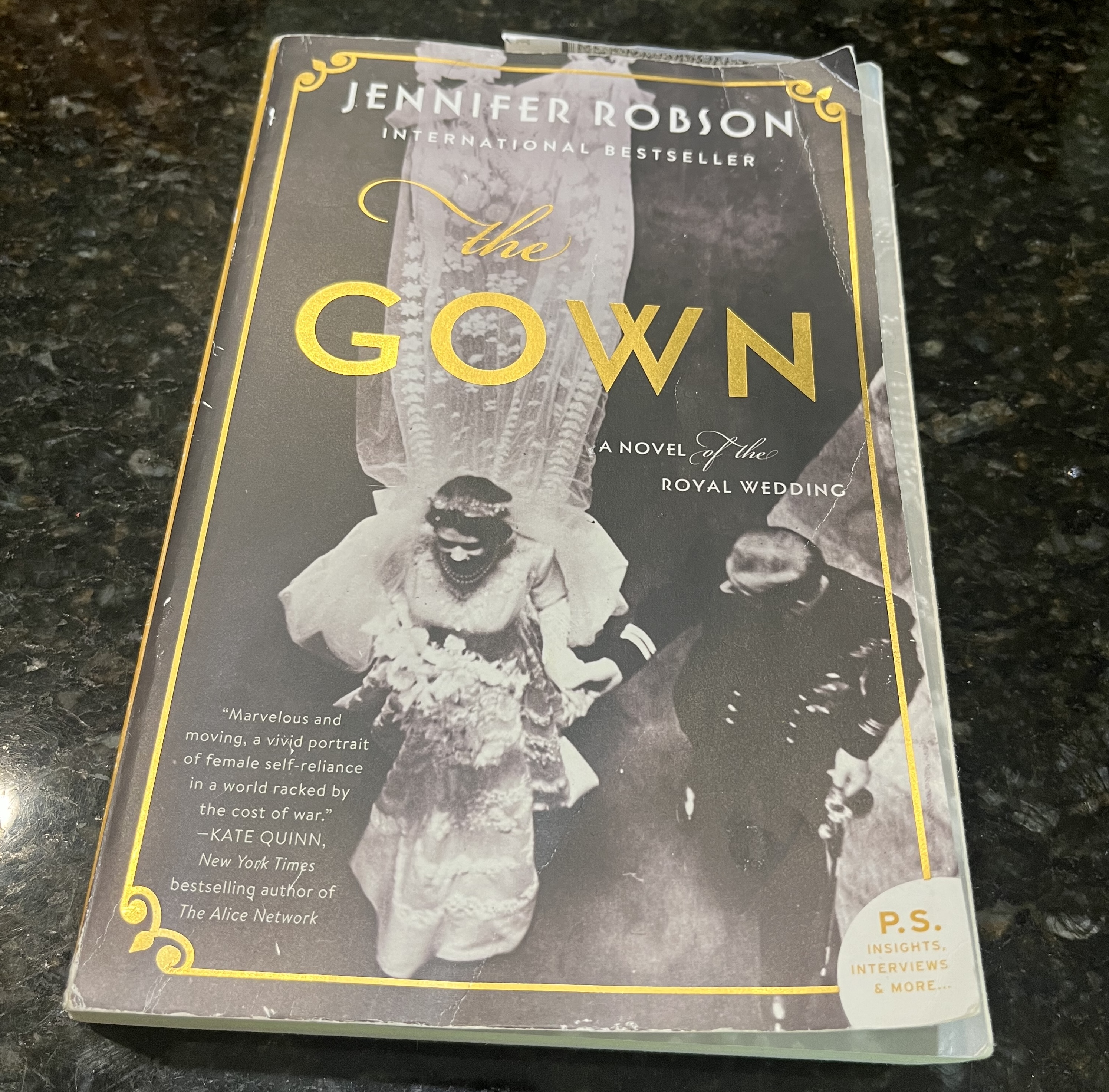Is it better to inhale or to exhale?
It takes a second before you realize the answer is, “you can’t have one without the other!” Asking a question in this way is called “polarity thinking.” It encourages the brain to think one way or another, without considering alternatives that might be better.
The technique works effectively with two-year-olds. “Would you like to take your bath before dinner or after dinner?” For most toddlers, they answer either before or after and not, “Gee Mom and Dad, I don’t want to take a bath at all. I want more play time.”
Here are some examples of polarity questions versus open-ended questions:
- Do you want to include the information about the storm water project or delete it?
- What are the benefits of including information about the storm water project?
- Have you decreased the entertainment budget or the sales budget?
- What did you find in your budget analysis?
- Do you recommend Pierre or Jamal for the job?
- What did you like best about Pierre and Jamal as candidates?
To be clear, there’s nothing wrong with polarity questions. Sometimes having fewer choices is helpful. The point is to be intentional about your questions based on what you want to achieve by asking them.
So, would you like to read this blog and send your feedback today? Or would you prefer to forward the blog to a colleague, and comment tomorrow?





0 Comments